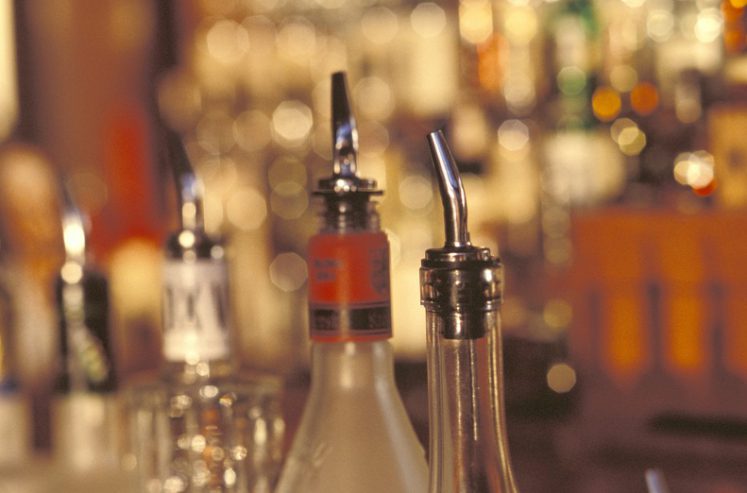It can be a celebratory gesture — a toast at a wedding or a tinted-green brew on St. Patrick’s Day. Drinking alcohol is a part of many celebrations.
When used responsibly, alcoholic beverages can be safely consumed. Too much drinking, whether chronic use or binging, can cause serious health problems. One of the most threatening of these is alcohol poisoning, a potentially fatal condition.
What Is Alcohol Poisoning?
When you drink an alcoholic beverage, alcohol is absorbed through the stomach and enters the blood stream. The liver is responsible for breaking it down, so it can exit the body. But the liver can only break down a certain amount at a time.
If a person drinks excessively, it overwhelms the liver’s ability to break down the alcohol, and the blood alcohol level rises, causing more severe symptoms of intoxication.
If drinking continues, the levels become toxic to the body and, in severe circumstances, can cause loss of consciousness and death.
What Happens to the Body During Alcohol Poisoning?
The National Institute on Alcohol Abuse and Alcoholism provides details about what happens to the body at different levels of blood alcohol.
- At low levels of blood alcohol, the brain is both excited and calmed. You may experience minor visual problems and slurred speech, as well as some temporary memory loss and impaired judgment.
- As you continue to drink, these issues become more pronounced.
- As the level of alcohol rises, your internal organs, particularly your brain, may suffer damage. The drive to breathe is suppressed. Drinkers can also experience a suppressed gag reflex, which can lead to choking on one’s own vomit. The heart rate slows down, and body temperature drops.
Symptoms of Alcohol Poisoning
If you notice these symptoms in yourself or someone else who has been drinking, immediately call 911 to get medical attention. Don’t wait to see all the symptoms before you get help.
- “Blacked out” or unable to wake up, non-responsive
- Vomiting
- Slow breathing, or fewer than eight breaths per minute
- Seizures
- Lowered body temperature
Preventing Alcohol Poisoning
The most important thing that you can do to prevent alcohol poisoning is to limit the number of alcoholic beverages that you drink at one time.
You can try consuming non-alcoholic beverages in between alcoholic ones. Don’t drink on an empty stomach, and drink with trusted, responsible people who can help limit your intake.
If you think you’d like to cut down on your drinking, consider the benefits of quitting alcohol for a month. Learn more by visiting the UPMC Addiction Medicine webpage.
